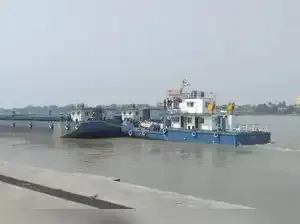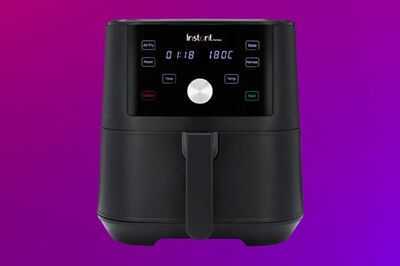
The centre has floated draft rules for autonomous vessels, proposing they can operate on inland waterways without onboard crew. This will be subject to remote monitoring and shore-based support with vessel owners being responsible for any accidents involving these ships. The rules also propose terms for operations of semi-autonomous vessels, mandating the minimum crew presence needed on board.
The International Maritime Organisation (IMO) predicts commercial use of autonomous ships, whether they are controlled remotely or are fully autonomous, is a possibility. “Such change requires robust regulation to ensure the safety of life at sea, as well as of cargo on board and of the vessel itself,” the IMO has said.
Owners of these types of vessels will be responsible for ensuring documentation, and maintenance. The draft rules define an autonomous vessel as a mechanically propelled inland vessel that operates without onboard crew or significantly reduced manning and is remotely monitored or controlled. A semi-autonomous one incorporates centralised or advanced automated systems but retains onboard crew for operation and supervision.
The manning requirements for these special category vessels shall be determined based on a risk-based assessment conducted by the designated authority. It will factor level of automation, operating zone, type of operation (cargo, passenger, survey or otherwise), duration of the voyage, and availability and adequacy of redundancy systems.
In cases where crew are not physically present onboard, it shall be mandatory to maintain continuous communication systems, and real-time monitoring infrastructure between the vessel and the designated control centre, the draft rules say.
The International Maritime Organisation (IMO) predicts commercial use of autonomous ships, whether they are controlled remotely or are fully autonomous, is a possibility. “Such change requires robust regulation to ensure the safety of life at sea, as well as of cargo on board and of the vessel itself,” the IMO has said.
Owners of these types of vessels will be responsible for ensuring documentation, and maintenance. The draft rules define an autonomous vessel as a mechanically propelled inland vessel that operates without onboard crew or significantly reduced manning and is remotely monitored or controlled. A semi-autonomous one incorporates centralised or advanced automated systems but retains onboard crew for operation and supervision.
The manning requirements for these special category vessels shall be determined based on a risk-based assessment conducted by the designated authority. It will factor level of automation, operating zone, type of operation (cargo, passenger, survey or otherwise), duration of the voyage, and availability and adequacy of redundancy systems.
In cases where crew are not physically present onboard, it shall be mandatory to maintain continuous communication systems, and real-time monitoring infrastructure between the vessel and the designated control centre, the draft rules say.








